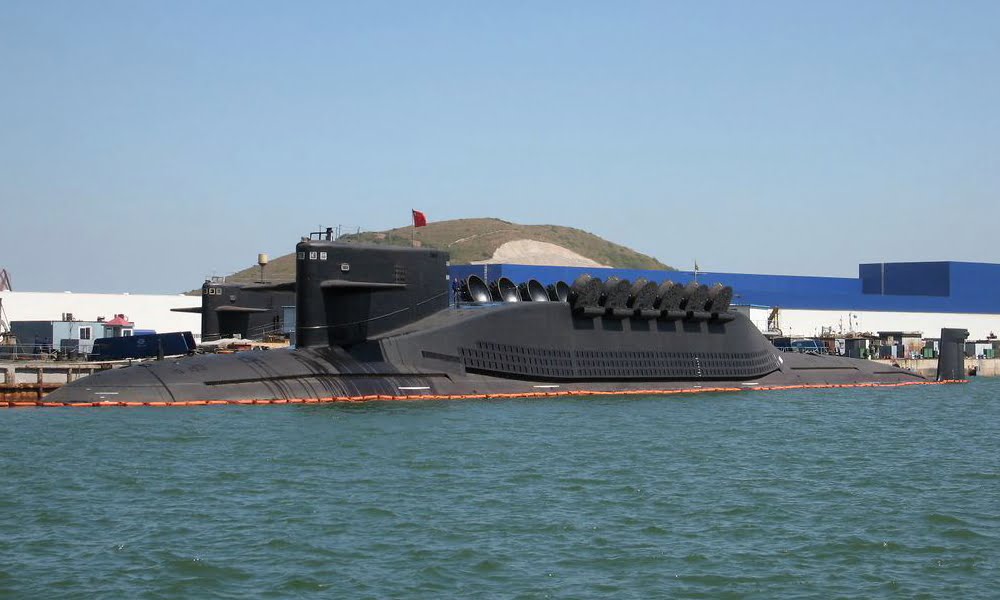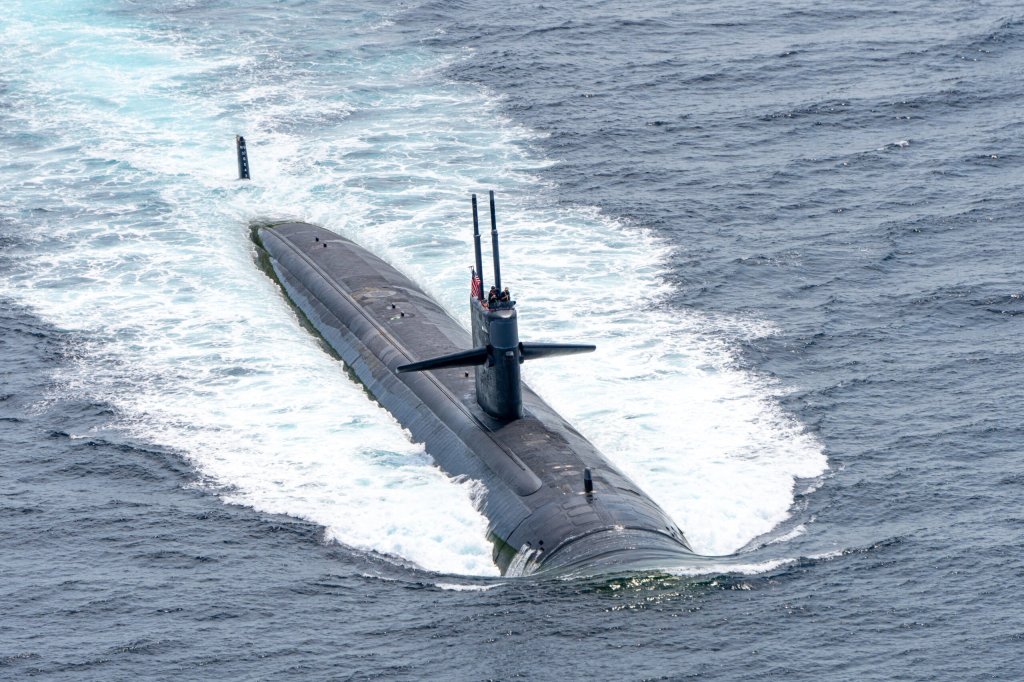Kym Bergmann editor of the Sydney-based Asia Pacific Defence Reporter reckons the latest Canberra decision delays Aussie undersea warfare abilities a decade.
With furious French reactions and dire economic consequences for Australia looming, the debate over the wisdom of the Morrison government’s submarine about-face is intensifying.
Set to cost Australian tax payers several billion dollars in compensation, it will also likely delay the appearance of an Australian built Collins replacement submarine fleet by at least a decade.
Defence Minister Peter Dutton has floated the idea of renting a nuclear submarine or submarines from the United States in order to cover the decade long gap – but the US has never before rented out top drawer weaponry.
(The 1940 Lend Lease program provided the British Navy with a fleet of barely usable and largely outdated smaller surface ships.)
All up this is beginning to look like a half thought out decision, dreamt up in coalition watering holes.
… this deal is looking more like a back of a beer coaster list of ideas compiled by some senior political advisors rather than a coherent plan.
Kym Bergmann

Read more of Bergmann’s jaundiced assessment here.
The nuclear-powered submarine cooperation “has seriously undermined regional peace and stability, intensified the arms race and undermined international non-proliferation efforts.”
Zhao Lijian, Chinese Foreign Ministry

Soaring Chinese Naval Power
China has, at extraordinary speed, built up the world’s largest navy. Supplemented by numerous fleets of globe trotting so-called fishing vessels, Chinese maritime strength now far outstrips that of any competitor, including the United States.
Huge vessel numbers and fleets of unmanned marine drones provide Beijing with unprecedented cyber capabilities. The Chinese navy, almost certainly, knows more about Australian coastal waters than the Australian Navy.
But, cyber capabilities and large numbers of vessels, don’t immediately translate into hard power.
As Benjamin Mainardi argued in April in the Diplomat, Yes, China Has the World’s Largest Navy. That Matters Less Than You Might Think.

Washington first aimed to dominate the world’s oceans in the first decade of the 20th Century. Guided by the theories of Thomas Mahan, in 1907 President Theodore Roosevelt sent a naval flotilla around the world.
A publicity stunt to announce the arrival of a new power, all the warships were painted white to ensure high visibility. Dubbed by eager publicists, the Great White Fleet (not very woke) the US Flotilla consisted of 16 battleships and a large number of smaller warships
Rapidly put together, discipline was slack and many of the newly recruited sailors deserted at various ports of call. (More than 1,000 in Sydney alone.)
Many of the battleships were also already obsolete. But such details mattered little as the American sailors – with no booze on board – created huge parties onshore in every port they visited.
Everyone loves a party and America’s global naval power soon entered the popular consciousness – in the English speaking world at least.
In hard power terms the US Navy sealed the deal and become the dominant global naval power in the Pacific in World War II. It’s ability to develop and deploy vast numbers of aircraft carriers carried the day in the Pacific and its warships and landing craft played a key role in north Africa and D-Day, the invasion of Hitler’s Europe.
Post-war, in the nuclear age, with surface vessels becoming ever more vulnerable, the US Navy developed nuclear powered submarines – with Georgia’s Carter, later president, playing a key role.
In the seven decades since the silent service – not seen or heard – has patrolled the world’s oceans, guaranteeing US dominance of the seas.
How the US Navy’s nuclear-powered submarines have quietly dominated the seas for 67 years
US Department of Defense 2021 Assessment of Chinese Military Capabilities